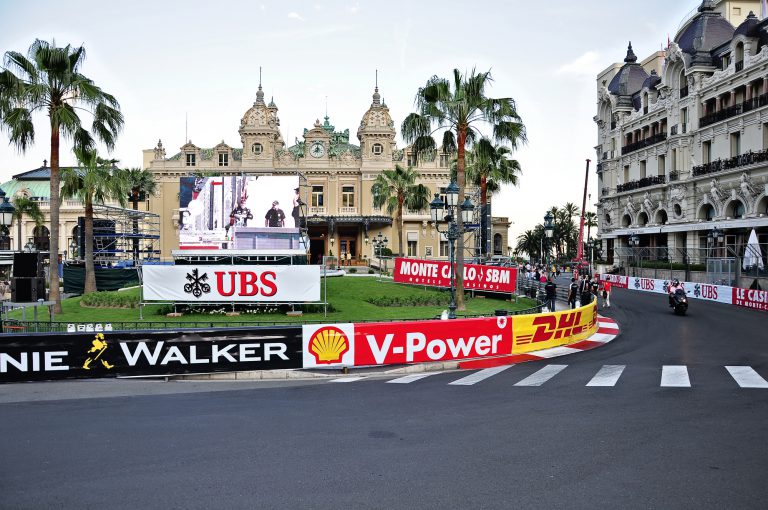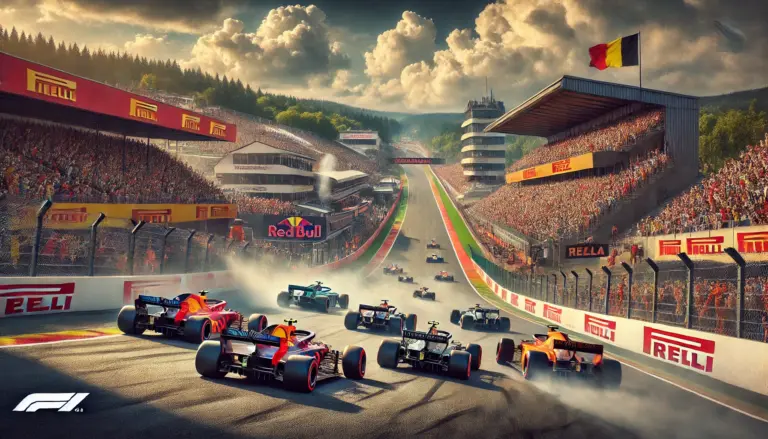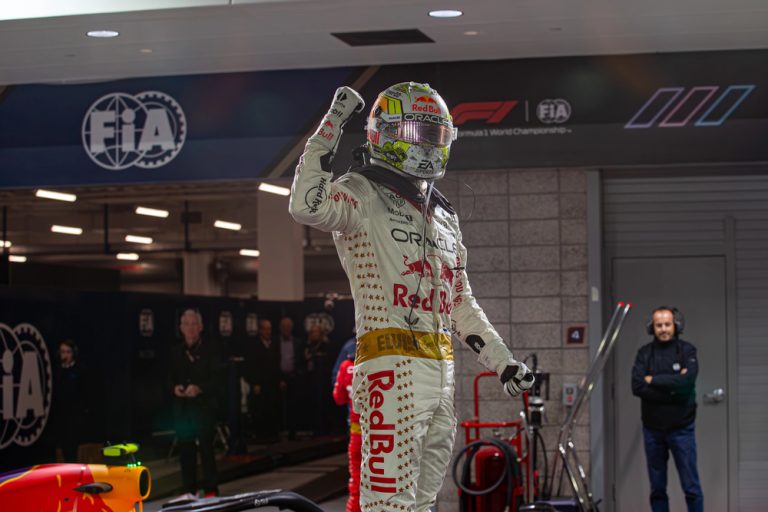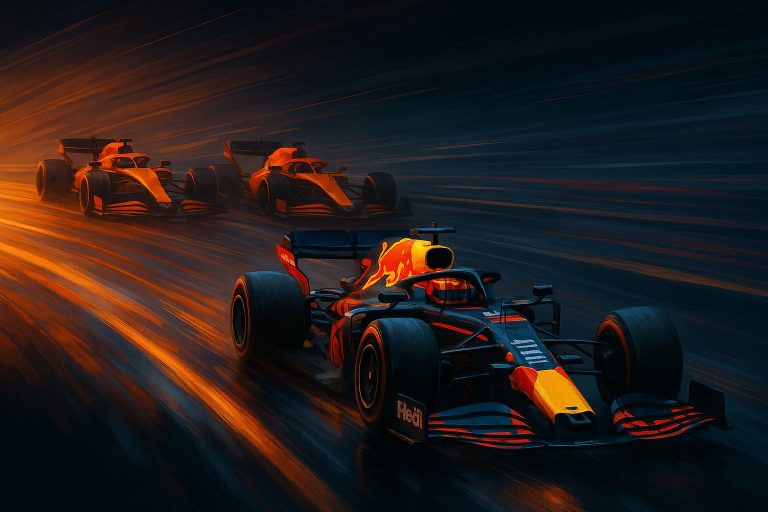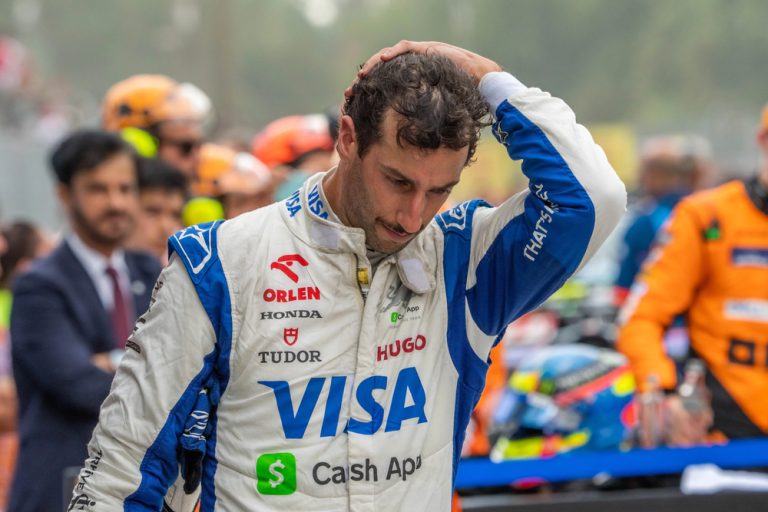Infamous Team Orders in Formula 1

Few topics ignite a paddock faster than Formula 1 team orders. They’re pragmatic tools—born from constructors’ titles, tyre life, and championship math—but they also cut against the sport’s romantic ideal: let the best racer win. Across eras, a handful of radio calls and coded phrases didn’t just decide individual races; they reset relationships, shifted public perception, and even changed the rulebook. Below, we revisit five defining flashpoints—what was at stake, what happened in the moment, and what the fallout meant.
When Strategy, Loyalty, and Controversy Collide in Formula 1
Austria 2002 — “Let Michael pass for the championship.” (Ferrari: Barrichello/Schumacher)
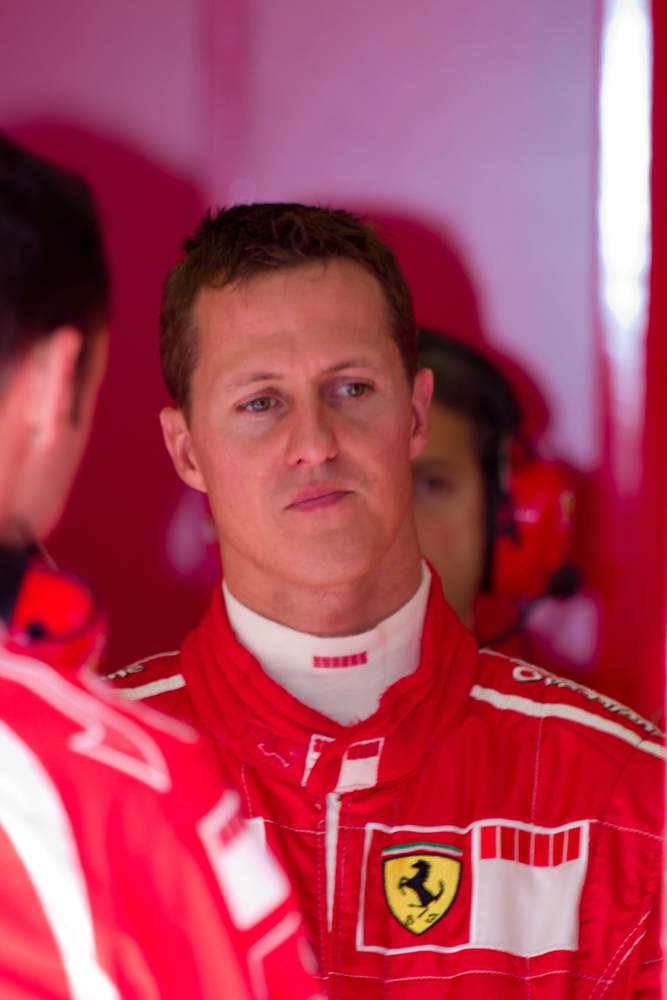
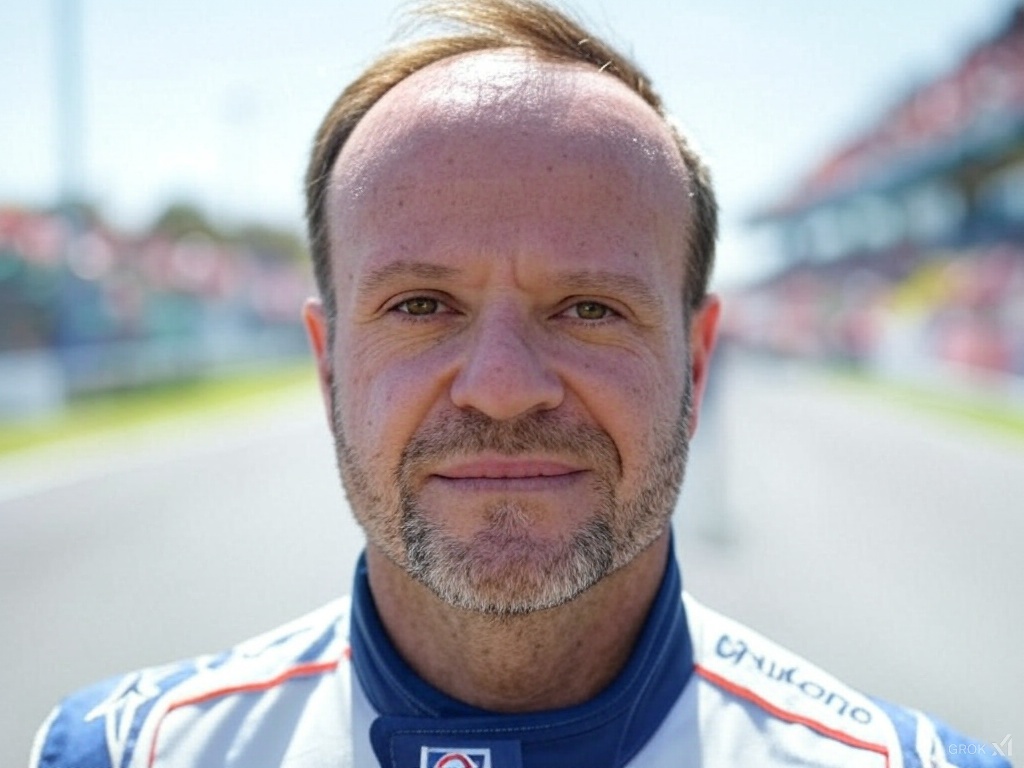
Ferrari were already juggernauts, but the decision at the A1-Ring became a cultural scar. Rubens Barrichello dominated the race, only to slow in the final meters to let Michael Schumacher through. It was blatant, audible, and, to many, unforgivable. Boos rained down on the podium. Schumacher awkwardly guided Barrichello to the top step during the anthem, but the damage was done.
Context & stakes: Ferrari’s priority was the Drivers’ Championship with Schumacher; the Constructors’ looked secure.
The moment: A last-corner lift, a photo finish no one wanted.
Aftermath: Outrage triggered a formal ban on team orders that interfere with a race result, effective the following season. The incident became the textbook case for how not to manage optics—even when the championship logic is sound.
Germany 2010 — “Fernando is faster than you.” (Ferrari: Massa/Alonso)

Eight years later, the pendulum swung the other way. Team orders were banned at the time, which is why the Hockenheim radio code—“Fernando is faster than you”—landed like a hammer. Felipe Massa, leading on the anniversary of his 2009 Hungary accident, ceded to Fernando Alonso. Ferrari won the race but lost the room.
Context & stakes: Alonso was Ferrari’s title spear; the season was tight, and every handful of points mattered.
The moment: Massa slowed out of Turn 6; Alonso took the lead.
Aftermath: Ferrari were fined and referred to the WMSC, and the saga exposed how unpoliceable the ban really was. The rule was ultimately scrapped for 2011, replaced by a broader “sporting conduct” expectation. In terms of the title, Alonso still missed the crown by four points—proof that even decisive swaps don’t guarantee the final outcome.
Malaysia 2013 — “Multi 21, Seb.” (Red Bull: Webber/Vettel)
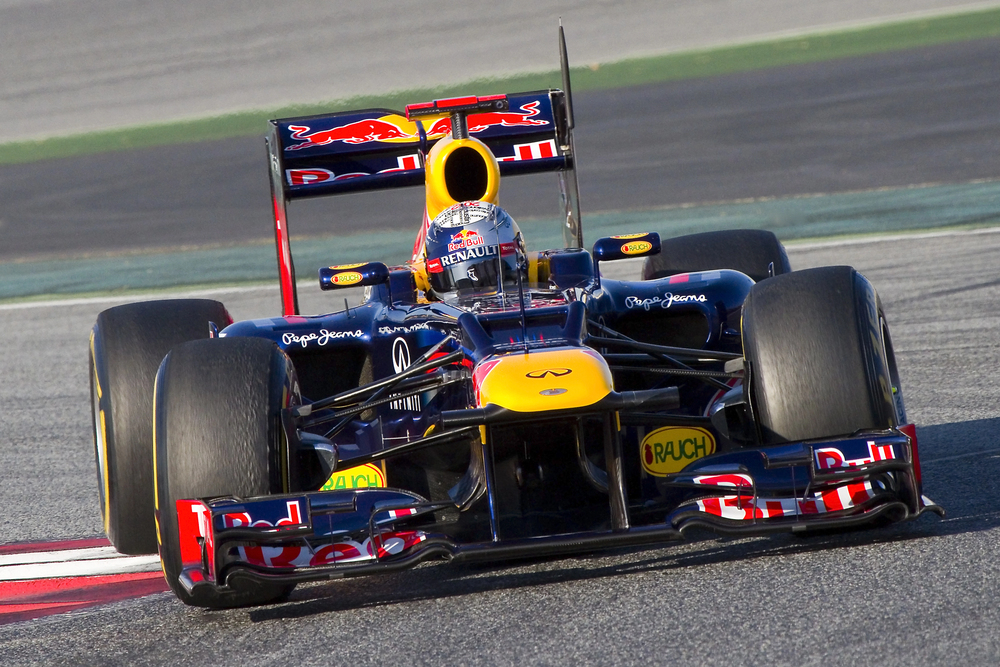
If Austria 2002 symbolized over-control, Malaysia 2013 symbolized rupture. Red Bull called “Multi-21”—coded shorthand for car #2 ahead of car #1, hold station, bring it home. Mark Webber led, engines turned down. Sebastian Vettel ignored the order, attacked, and won.
Context & stakes: Early-season race with a dominant team; intra-team trust was the real currency.
The moment: Wheel-to-wheel aggression down the pit straight and through Turn 1—Vettel made it stick.
Aftermath: The win deepened fissures that had been forming for years. No rules changed—but the locker-room did. Publicly, Vettel apologized; privately, the pecking order was now unmistakable. Red Bull still steamrolled the season, but the incident effectively wrote the final chapter of the Webber–Vettel partnership.
Russia 2018 — Hamilton over Bottas (Mercedes)
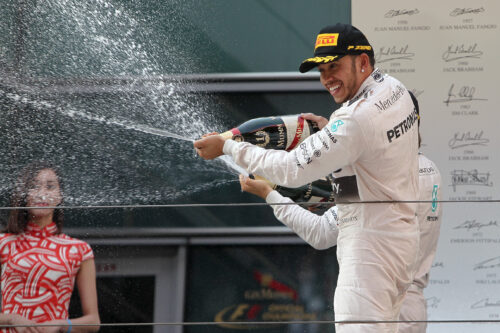
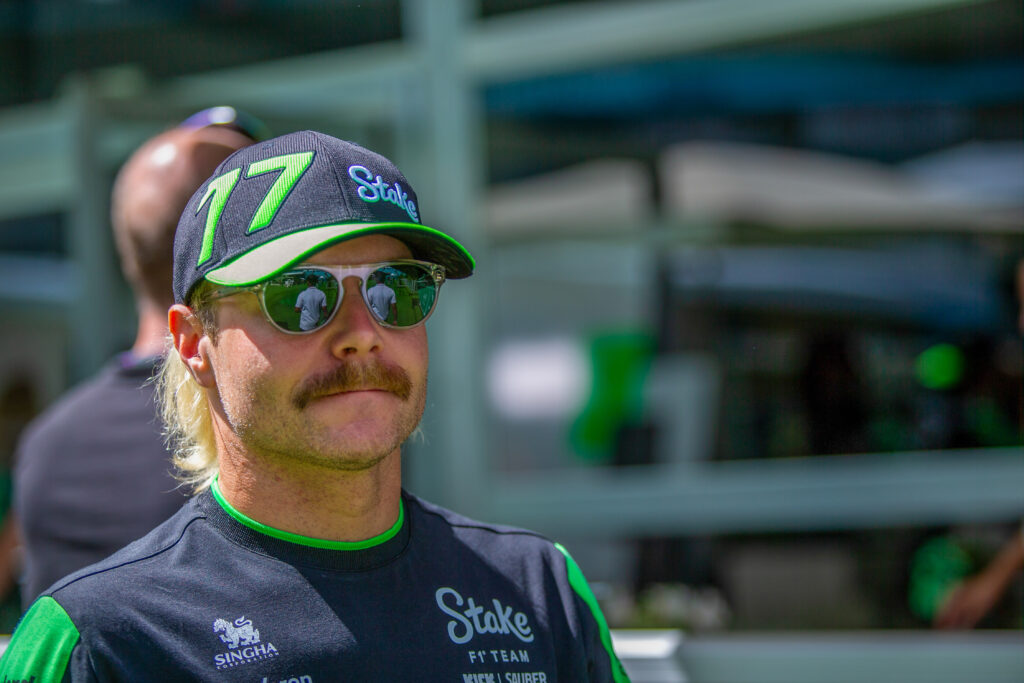
Sochi distilled the unsentimental arithmetic of a title run. Valtteri Bottas had the speed and the pole; Lewis Hamilton had the championship to close out against Sebastian Vettel. Mid-race, Mercedes executed the swap to protect Hamilton from undercut/tyre threats and maximize points.
Context & stakes: Hamilton vs Vettel for the 2018 crown; Ferrari still within striking distance.
The moment: The call came, Bottas moved aside, Hamilton won, and the championship narrative hardened.
Aftermath: It was emotionally brutal on Bottas—one of the clearest cases where the “perfect teammate” pays the highest price. But in championship terms, it was ruthless and correct. Hamilton went on to clinch the title; history rarely remembers the helper.
São Paulo 2022 — Verstappen/Pérez refusal (Red Bull)
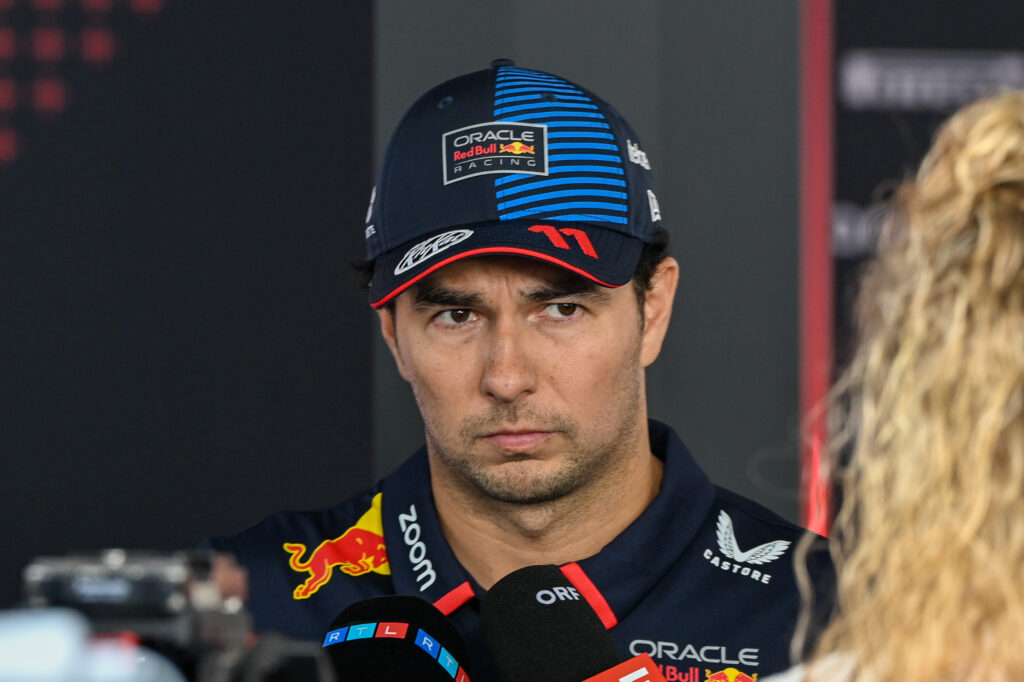
Interlagos produced the inverse scenario: a driver refusing a team order. With Max Verstappen already champion, Red Bull asked him to cede position back to Sergio Pérez on the final lap to aid Checo’s bid for P2 in the standings. Verstappen said no—on the radio, firmly.
Context & stakes: Pérez and Leclerc were in a tight battle for second in the Drivers’ Championship.
The moment: Verstappen crossed the line in P6 ahead of Pérez, who fumed over the airwaves.
Aftermath: The team called it a collective error, patched it up publicly, and pressed on to Abu Dhabi. Mathematically, that swap alone wouldn’t have flipped the final outcome—Leclerc still took P2—but the optics were explosive. It highlighted how fragile intra-team diplomacy can be, even in a season of utter domination.
Conclusion
Team orders live in the grey: sometimes championship-defining, sometimes merely symbolic—but always revealing. They expose a team’s hierarchy, a driver’s instincts, and a sport forever balancing two truths: F1 is an individual pursuit inside a collective enterprise. From Austria’s rule-change shockwaves to Malaysia’s trust fracture and Russia’s title calculus, the message is consistent—strategy wins trophies, but it can cost you fans, friendships, or both.
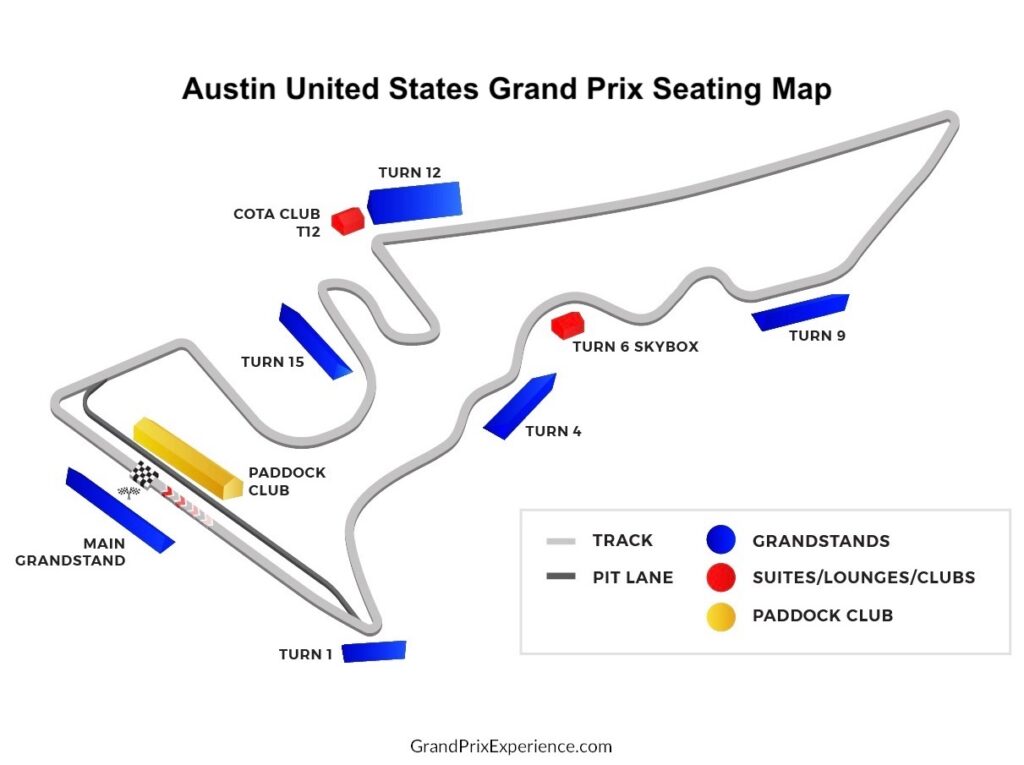
Sources
- Austria 2002: When Unnecessary Team Orders Rocked F1 — Motorsport.com
- 2002 Austrian Grand Prix — Wikipedia
- Austria ’02: How Ferrari’s Team Orders Embarrassed F1 — Motor Sport Magazine
- Ferrari Fined $100,000 for Illegal Team Orders (Hockenheim 2010) — Reuters
- 2010 German Grand Prix — Wikipedia
- Ferrari Escape Further Punishment Over Team Orders — The Guardian
- FIA Lifts Team Orders Ban for 2011 — RaceFans
- ‘Multi 21’ Controversy Explodes Red Bull Tensions — Formula1.com
- 2013 Malaysian Grand Prix — Wikipedia
- Multi-21: Red Bull’s Most Controversial Race — Motorsport.com
- REPORT: Hamilton Wins as Bottas Moves Aside (Russia 2018) — Formula1.com
- What the Teams Said – Race Day in Russia 2018 — Formula1.com
- Red Bull Admit ‘Some Mistakes’ in Brazil Team Orders — Formula1.com
- Red Bull Says Mistakes Led to Verstappen Ignoring Orders — ESPN
- 2022 São Paulo Grand Prix — Wikipedia


